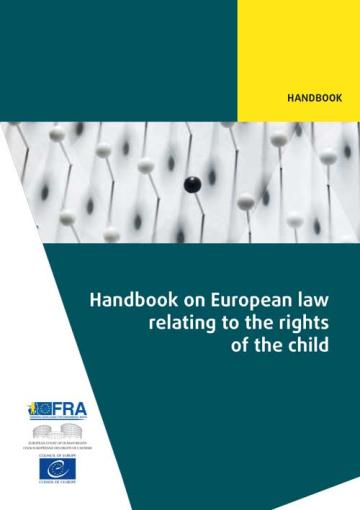18Restrictions on employment of children.
(1)Subject to the provisions of this section and of any byelaws made thereunder no child shall be employed—
(a)so long as he is under the age of fourteen years; or
(aa)to do any work other than light work or;
(b)before the close of school hours on any day on which he is required to attend school; or
(c)before seven o’clock in the morning or after seven o’clock in the evening or any day; or
(d)for more than two hours on any day on which he is required to attend school; or
(da)for more than twelve hours in any week in which he is required to attend school; or
(e)for more than two hours on any Sunday; or
(f). . . . . . . . . . . . . . . . . . . . . . . . . . . . . . . .
(g)for more than eight hours or, if he is under the age of fifteen years, for more than five hours in any day—
(i)on which he is not required to attend school, and
(ii)which is not a Sunday; or
(h)for more than thirty-five hours or, if he is under the age of fifteen years, for more than twenty-five hours in any week in which he is not required to attend school; or
(i)for more than four hours in any day without a rest break of one hour; or
(j)at any time in a year unless at that time he has had, or could still have, during a period in the year in which he is not required to attend school, at least two consecutive weeks without employment.
(2)A local authority may make byelaws with respect to the employment of children, and any such byelaws may distinguish between children of different ages and sexes and between different localities, trades, occupations and circumstances, and may contain provisions—
(a)authorising—
(i)the employment on an occasional basis of children aged thirteen years (notwithstanding anything in paragragh (a) of the last foregoing subsection) by their parents or guardians in light agricultural or horticultural work.
(ia)the employment of children aged thirteen years (notwithstanding anything in paragraph (a) of the last foregoing subsection) in categories of light work specified in the byelaw.
(ii)the employment of children (notwithstanding anything in paragraph (b) of the last foregoing subsection) for not more than one hour before the commencement of school hours on any day on which they are required to attend school;
(b)prohibiting absolutely the employment of children in any specified occupation;
(c)prescribing—
(i)the age below which children are not to be employed;
(ii)the number of hours in each day, or in each week, for which, and the times of day at which, they may be employed;
(iii)the intervals to be allowed to them for meals and rest;
(iv)the holidays or half-holidays to be allowed to them;
(v)any other conditions to be observed in relation to their employment;
so, however, that no such byelaws shall modify the restrictions contained in the last foregoing subsection save in so far as is expressly permitted by paragraph (a) of this subsection, and any restriction contained in any such byelaws shall have effect in addition to the said restrictions.
2A)In this section—
“light work” means work which, on account of the inherent nature of the tasks which it involves and the particular conditions under which they are performed—
(a) is not likely to be harmful to the safety, health or development of children; and
(b) is not such as to be harmful to their attendance at school or to their participation in work experience in accordance with section 560 of the Education Act 1996, or their capacity to benefit from the instruction received or, as the case may be, the experience gained;
“week” means any period of seven consecutive days; and
“year”, except in expressions of age, means a period of twelve months beginning with 1st January.
3)Nothing in this section, or in any byelaw made under this section, shall prevent a child from doing anything—
(a)under the authority of a licence granted under this Part of this Act; or
(b)in a case where by virtue of section 37(3) of the Children and Young Persons Act 1963 no licence under that section is required for him to do it.






